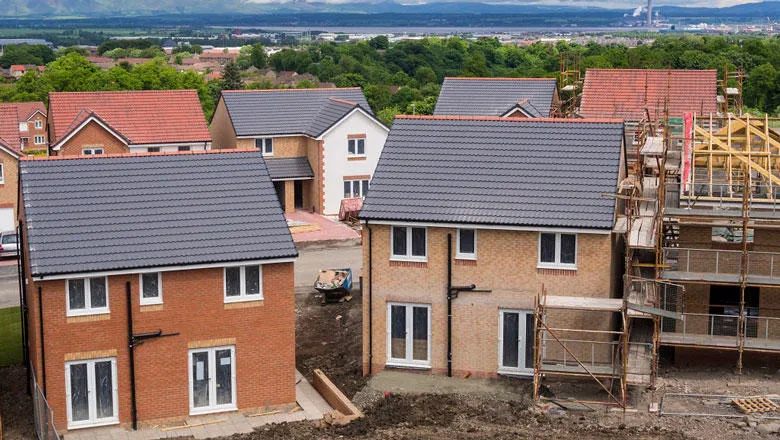Policy Spurs Boom-Bust House Price Cycles
Government policies that encourage property speculation are a key driver behind boom and bust house price cycles, according to a new study.
Research from economists at King’s College London suggests that low taxes on property profits and weak protection for tenants are linked to more extreme housing price cycles.
The paper argues that these “speculation-encouraging” policies are more influential in determining the severity of house price swings than the ease of getting a mortgage. The analysis of 23 OECD countries between 1990 and 2019 found that cyclical movements in house prices were far more significant than long-term trends.
On average, boom-bust cycles accounted for an annual price change of 5.9 per cent, compared to an average underlying trend of just 2.6 per cent a year.
The researchers, Engelbert Stockhammer and Ben Tippet (King’s College London) and Karsten Kohler (University of Leeds), argue that institutions shape the behaviour of homebuyers and investors.
Low capital gains taxes directly reward speculative behaviour, while strong landlord protection and a lack of social housing can push households away from renting and onto the property ladder, where they may become “defensive speculators” who bet on rising prices to justify taking on larger debts.
The study also highlights substantial differences between nations. Countries with low capital gains tax and stronger tenant protections, such as Germany and Austria, tend to have the most stable housing markets. In contrast, countries with institutions that encourage speculation experience more volatile cycles.
The researchers conclude that the boom-bust cycles are not random but are deeply ingrained in the institutional structure of national economies. The findings suggest that governments can influence the stability of their housing markets through tax and rental policies.
https://www.kcl.ac.uk/news/speculation-encouraging-policy-drives-boom-and-bust-house-price-cycles
View Original | AusPol.co Disclaimer
